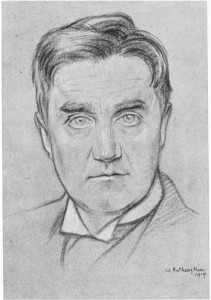An Atheist Burns the Koran
WHEN AN atheist law professor in Australia burned the Koran last year, it did not make for an international sensation. Alex Stewart was, however, suspended from his job and expected to lose his position. At that time, Catholic Bishop Michael Putney, who chairs the Australian committee for ecumenism, said: "[Mr Stewart] has caused pain in people and may incite anger in people and I don't think that's ever acceptable. That reminds me. What is an ecumenist? An ecumenist is a deist in religious garb. He's someone too lazy or too fearful to take his own professed beliefs seriously.



